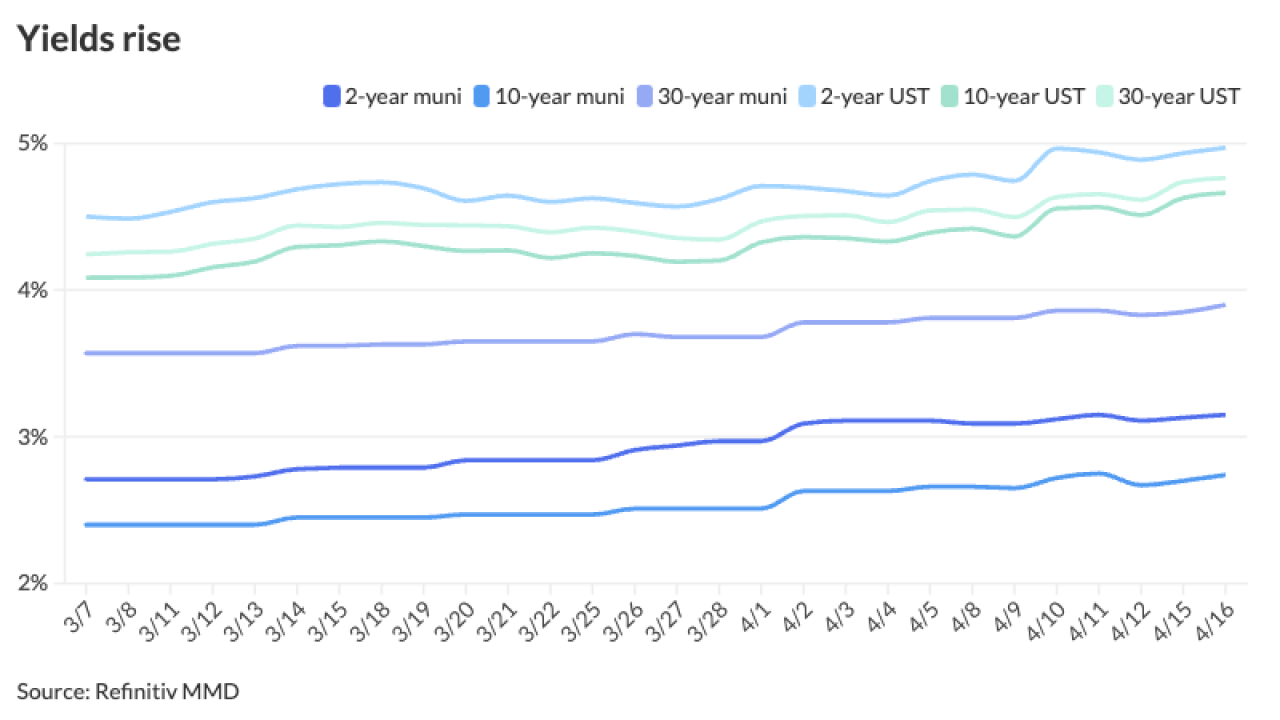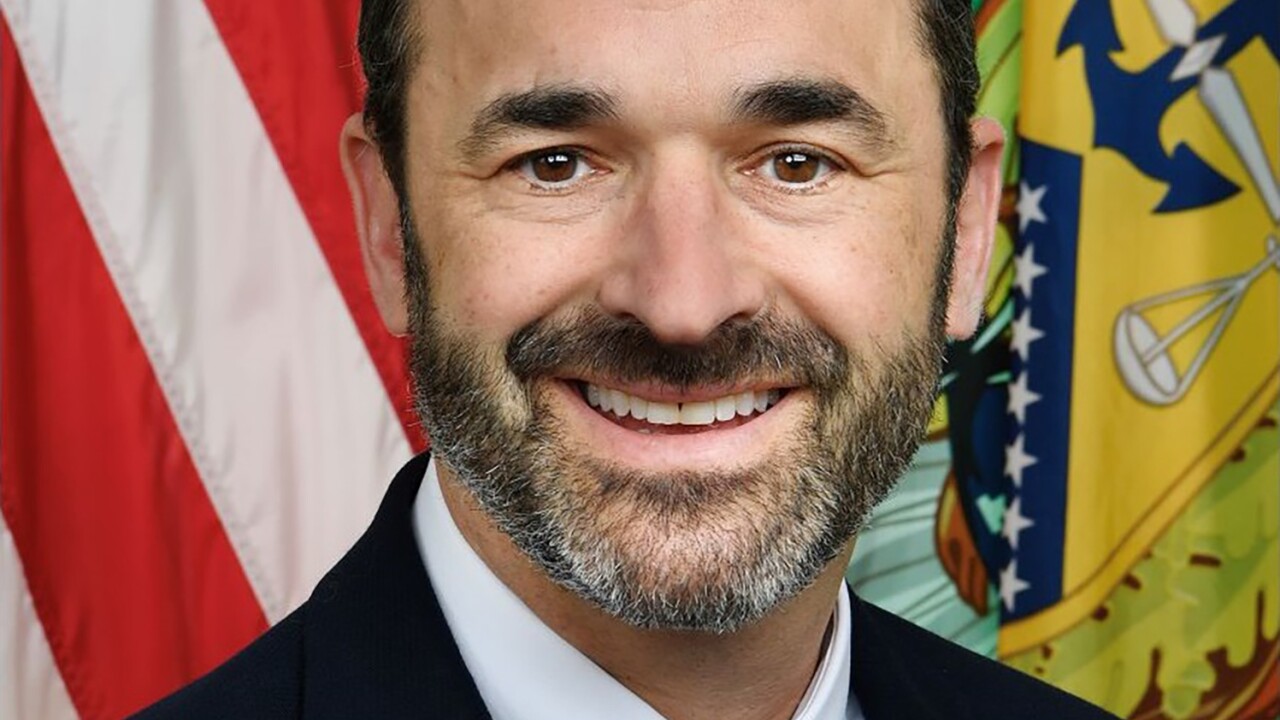
WASHINGTON — Sen. Chuck Schumer, calling municipal securities the "lifeblood" of U.S. infrastructure development, pressed regulators to revise federal banking liquidity rules to classify certain munis as high-quality liquid assets.
"I hope all three agencies will reassess the final rule," Schumer, D-NY, said at a Senate Banking Committee hearing Tuesday. He noted that corporate securities can be used as HQLA, while even highly-rated munis cannot.
Dealers have said the rule, which implements Basel III to ensure banks will have adequate assets that can be easily converted to cash to cover expected net cash outflows in periods of financial stress, will cause banks to reduce their muni holdings, increasing borrowing costs for issuers, and reducing liquidity while adding to volatility in the muni market. The rule requires banks to have a liquidity coverage ratio that includes holding a certain amount of HQLAs, but does not define munis as HQLAs.
Schumer said he has yet to hear a convincing argument for excluding them.
Representatives of the Federal Reserve Board of Governors, Federal Deposit Insurance Corp., and the Comptroller of the Currency said they would be open to including investment-grade municipal bonds as HQLA after Schumer pressed them on the issue. Fed governor Daniel Tarullo said that he has asked staff to analyze muni liquidity with an eye toward determining what bonds could qualify as HQLA. When the rule was adopted earlier this month, Tarullo said it needed to be put forward now without the muni change in order to give banks time for compliance by Jan. 1.
"If they really are liquid, we want banks to be able to take that into account," Tarullo said.
But Martin Gruenberg, chairman of the Federal Deposit Insurance Corp., had said in his prepared testimony that the Fed would only modify the rule "if necessary." He later told Schumer he was open to changing it. Thomas Curry, the Comptroller of the Currency, said he was open to including munis if Fed research supported that conclusion.
"A number of commenters have expressed concern about the exclusion of municipal securities from HQLA in the final rule," Gruenberg told the committee in his prepared testimony. "It is our understanding that banks do not generally hold municipal securities for liquidity purposes. We will monitor closely the impact of the rule on municipal securities and consider adjustments if necessary."
Schumer said it has become clear from hearing from state and local stakeholders that the rule will negatively impact the muni market and ultimately stunt economic growth and job creation. He said some of his constituents were "howling" about the muni exclusion. He pressed the regulators to move forward in altering the rule.
"I hope you'll go ahead and do it, because it's really important," he said.
The Senate panel also heard from SEC chairman Mary Joe White about the priorities of the SEC's Office of Municipal Securities, over the next year. The Muni office will spend much of its time implementing the final municipal advisor registration rule, reviewing Municipal Securities Rulemaking Board MA regulations, overseeing MA exams and monitoring muni market issues, White said.
White focused her testimony on the SEC's progress in implementing rules mandated by the 2010 Dodd-Frank Act. That law mandated that the commission's muni securities office be independent and report directly to the chairman. It also imposed a fiduciary duty on all MAs to put clients' interests firsts and subjected non-dealer MAs for the first time to federal regulatory oversight and rules.
The office will be scrutinizing other hot topics in the muni market, White told the panel.
"OMS also continues to monitor current issues in the municipal securities market (such as pension disclosure, accounting, and municipal bankruptcy issues) and to assist in considering further recommendations to the commission with respect to disclosure, market structure, and price transparency in the municipal securities markets," she said in her testimony.





